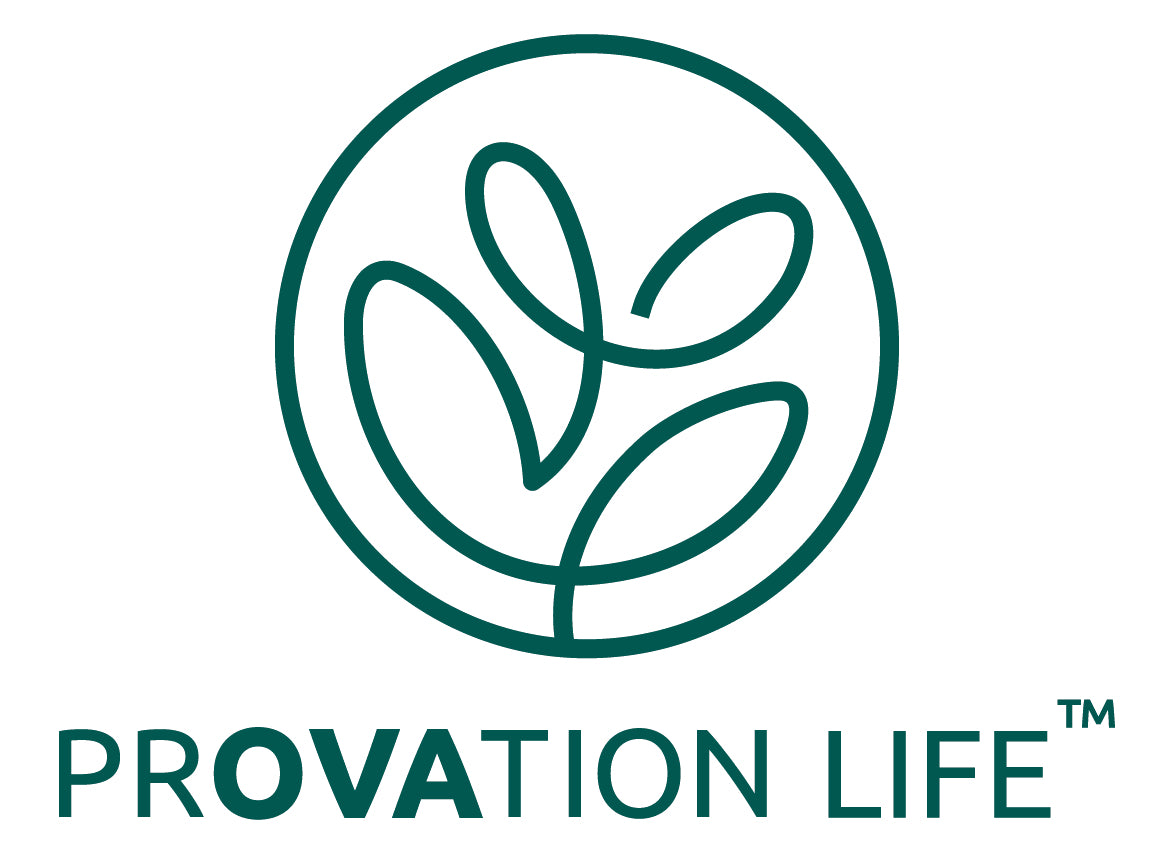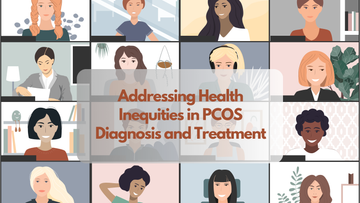Addressing Health Inequities in PCOS Diagnosis and Treatment
by Herman Weiss on Jun 17, 2024
Despite its prevalence, there are significant health inequities in the diagnosis and treatment of Polycystic Ovary Syndrome (PCOS) among different racial and ethnic groups. These disparities can lead to delayed diagnosis and inadequate treatment, impacting the quality of life for many women. Understanding and addressing these inequities is crucial for improving healthcare outcomes for all individuals with PCOS.
Understanding Health Inequities in PCOS
Research indicates that the prevalence and severity of PCOS can vary significantly across different racial and ethnic groups. For instance, a study published in the American Journal of Obstetrics & Gynecology found that non-Hispanic White, Pacific Islander, and Native American individuals are more likely to be diagnosed with PCOS compared to other groups【32†source】. Moreover, the prevalence of PCOS is notably higher among Pacific Islander and Native American women, highlighting a clear disparity that needs to be addressed.
Several factors contribute to these health inequities:
- Genetic Predispositions: Genetic factors can influence the likelihood of developing PCOS. Different populations may have varying genetic susceptibilities, which can affect the prevalence and presentation of the syndrome.
- Access to Healthcare: Access to quality healthcare services is not uniform across all communities. Individuals from marginalized or underserved communities often face barriers such as lack of insurance, limited availability of specialized care, and geographic constraints, all of which can delay diagnosis and treatment.
- Cultural and Socioeconomic Factors: Cultural beliefs and socioeconomic status can significantly influence health-seeking behavior. Stigma, lack of awareness, and financial constraints can prevent individuals from seeking timely medical help.

Addressing the Disparities
To address these disparities, a multifaceted approach is necessary:
- Improving Access to Healthcare: Ensuring that all individuals have access to affordable and high-quality healthcare services is fundamental. This can be achieved through policy changes, increased funding for healthcare programs in underserved areas, and the expansion of telemedicine services.
- Raising Awareness and Education: Education campaigns targeted at both healthcare providers and the general public can help improve awareness about PCOS and its symptoms. Culturally sensitive educational materials and community outreach programs can play a significant role in dispelling myths and encouraging early diagnosis.
- Training Healthcare Providers: Training healthcare professionals to recognize the diverse presentations of PCOS across different racial and ethnic groups can lead to earlier and more accurate diagnoses. Additionally, encouraging providers to consider a patient's cultural background when developing treatment plans can enhance the effectiveness of care.
- Research and Data Collection: More research is needed to understand the specific needs and challenges faced by different populations with PCOS. Collecting and analyzing data on PCOS prevalence and outcomes by race and ethnicity can help identify gaps in care and inform targeted interventions.
- Community Support Programs: Establishing support groups and resources within communities can provide individuals with PCOS the social and emotional support they need. These programs can also serve as platforms for education and advocacy.
Moving Forward
Addressing health inequities in PCOS is not only a matter of improving individual health outcomes but also a step towards achieving broader health equity. By acknowledging and actively working to eliminate these disparities, healthcare providers, researchers, and policymakers can ensure that all women receive the care they need and deserve.
For more information and resources on PCOS, visit The Prothority Blog
---
References
- Yu O, Christ JP, Schulze-Rath R. Incidence, prevalence, and trends in polycystic ovary syndrome diagnosis: a United States population-based study from 2006 to 2019. American Journal of Obstetrics & Gynecology. 2023.
- Szwarcberg J, et al. New medications for PCOS slowly edge toward development. Pharmaceutical Technology. 2023.











